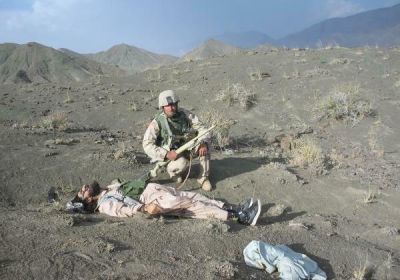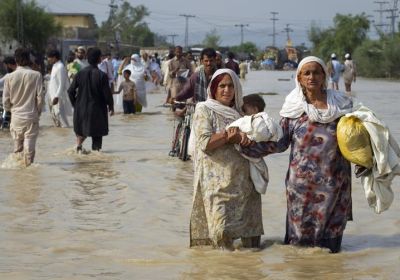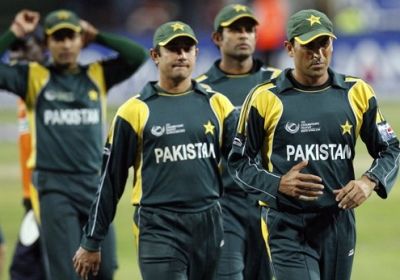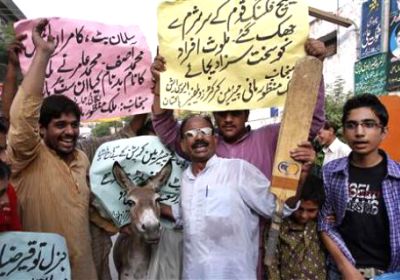
Media outlets from the Dawn Media Group, Pakistans leading media house, published the first set of WikiLeaks files relating to Pakistan on May 20.
The leaked US cables revealed that the Pakistani military is complicit in US drone strikes in Pakistan's tribal areas, bordering Afghanistan.
Each set of cables published by the group has had a ripple effect, with the leaked US cables widely reproduced.
At first, embarrassed military spokespeople and politicians exposed by the leaks denied the contents. Later, they tried to ignore them.









